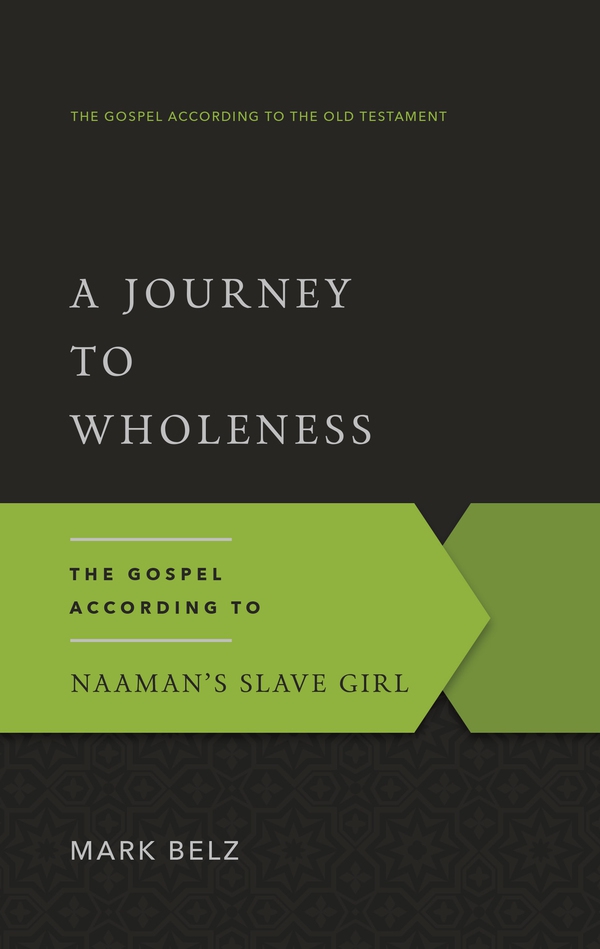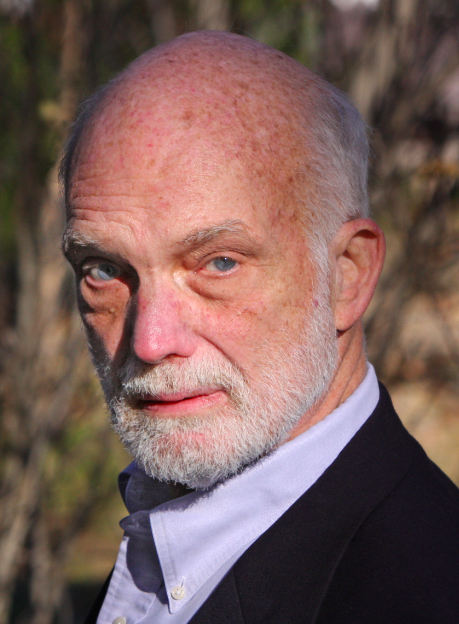
Frame of Mind is a blog series featuring essays from the mind of philosopher-theologian John Frame. The content has been adapted from selected titles published through P&R.
Here, Frame discusses the dangers in preaching on what the Bible does not say.
VERN S. POYTHRESS, following Kenneth Pike, identifies a triad, “contrast, variation, and distribution,” as an important component of language theory. Among other things, these categories are important for identifying the meanings of terms. Consider the meaning of goat. When we try to ascertain the meaning of this term (without a dictionary), we ask questions such as: “From what other terms is this word regularly distinguished?” We answer, “Sheep, cows, etc.” That is the question of contrast. The question of variation deals with the range of the term, what different kinds of being can be designated by it. (Answer: mountain goats, domestic goats, doe goats, billy goats, kid goats, etc.) The question of distribution has to do with the contexts in which the term normally appears: agriculture, food, zoology, religious symbolism.
All members of this triad have implications for biblical exegesis and theology. In this essay, I want to consider only the concept of contrast. In interpreting Scripture, it is important to understand what the terms and sentences “contrast with.” When Scripture teaches A, it excludes non-A. When Genesis 1:1 says that God created the heavens and the earth, it logically also denies that God did not create the heavens and the earth. “God created the world” contrasts with his not creating it. It also contrasts with the idea that someone else created it, or the idea that something in the heavens or earth is not created at all.
But imagine someone saying, “God created the heavens and the earth. Note that it says he created the world, not that he predestined it.” And then he goes on from here to deny divine predestination. Now, you don’t need to be a Calvinist to see that this is a logical mistake. One way to describe this mistake is to point out that in Genesis 1:1, created is not “in contrast with” predestined. You cannot derive from “God created” that “God did not predestine.” Creation is not inconsistent with predestination. And indeed, many biblical texts tell us that God predestines as well as creates (Rom. 8:29; Eph. 1:5, 11).
Possibly the example above is a mistake that nobody has actually ever made. In that sense it is a straw man. But it is a simple way of showing the nature of the difficulty. Still, I suspect that this is not merely a theoretical problem. Indeed, I wonder how many sermons make this mistake. I heard a preacher once say on 1 Corinthians 1:21 that God honors the “foolishness of preaching” (kjv), not videos, PowerPoint, praise bands, or other modern media. Now, when you hear that sort of thing, you should ask whether the preacher is making a contrast error. In this case: is it really likely that Paul is contrasting preaching with modern communications techniques?
Of course, in an obvious sense, the answer is no, because Paul was not acquainted with videos and the like. But the real question, of course, is whether Paul was contrasting preaching with other modes of communication (maybe scroll-reading or Greek drama). But in the context of the passage (the distribution element), Paul is not thinking of preaching as a method of communication. He refers to his preaching because of its content, namely, the gospel message. It is that gospel, not the medium of its expression, that contrasts with the wisdom of the wise. Paul is, after all, on this very occasion using the medium of writing, not preaching, to communicate his gospel to the Corinthians.
Paul’s argument is that the gospel message of salvation rebukes the wisdom of the Greeks and creates a stumbling block for Jews because it is the wisdom of God, not because it is delivered by monologue.
Similarly, I have heard preachers say that Jesus commanded in Matthew 28:19 to “teach” or “disciple” the nations, not to “market the gospel.” That example is a bit more difficult than the previous one. Marketing today has a terrible reputation, so much so that many Christians would buy that negation without question. Many think that marketing involves sleazy manipulation, exploitation, even fraud. But I have known marketers (particularly people who run actual markets) who are honest Christian believers and who market their products without deceit, simply to let people know that they have good products available for sale. Such honest marketing actually has much in common with the gospel proclamation of Matthew 28:19. So Matthew 28:19 may indeed stand in contrast with some kinds of marketing, but not with marketing in general. And people who are experts in marketing may actually have something useful to teach the church as it seeks the best ways of communicating the gospel.
Another example: I have heard preachers deal with the NT passages that promise persecution to believers (as Matt. 5:11; 2 Tim. 3:12), concluding that God does not promise us prosperity or happiness. In my view, that conclusion does not follow. The existence of persecution in the Christian life does not exclude the presence of happiness. Indeed, the beatitude of Matthew 5:11 says precisely that believers are “blessed” (sometimes translated “happy”) when others persecute them. And of course, none of these passages say that the persecution of believers is uninterrupted. Believers will endure persecution, but there will also be times of rest and pleasure (Ps. 23). Keeping a balanced view is important, and Jesus provides that in Mark 10:29–30. The covenant between God and ourselves promises both suffering and blessing, and the blessing takes the form of earthly prosperity (Deut. 5:16).
In preaching we are often motivated to bring modern realities into our exposition of the ancient texts. In general, that is a good thing. Preaching is not just reading Scripture, nor is it a description of how the gospel would have sounded to ancient people. Rather, preaching presents the gospel to people today, applying it to their situation. So it is understandable that when Scripture condemns worldliness, preachers apply these admonitions to Internet pornography or social-media addiction. But application must be accurate. I think it is right to say that Internet pornography is an example of what Scripture calls worldliness. I don’t think it’s right to say the same of the use of guitars in worship.
So it is important when we read a Bible text to ask, “What does this include?” and “What does this exclude?” To the extent that we treat such questions in a slipshod way, our sermons will be unpersuasive. There are various exegetical techniques that help us answer such questions, but we may often have to rely on common sense. Pray that God will give to his teachers and preachers more of that in our time.
This excerpt has been adapted from John Frame’s Selected Shorter Writings, Volume 1 written by John Frame.
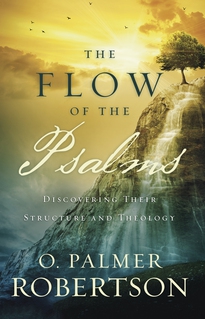
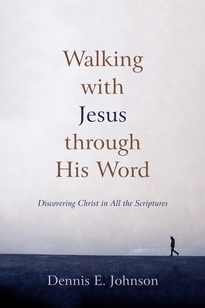
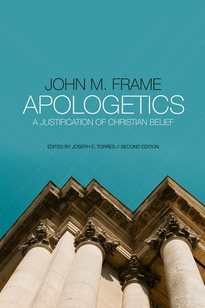
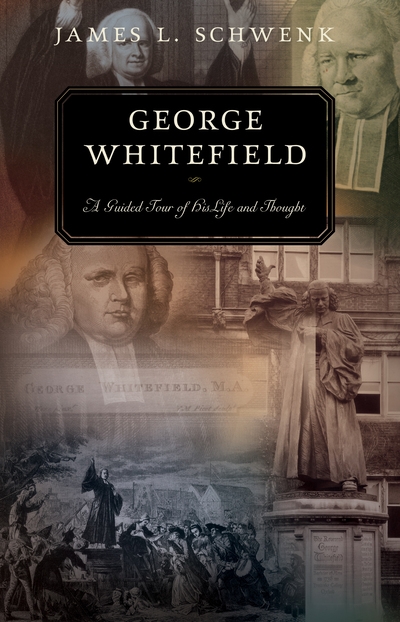
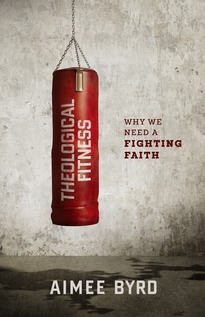


 Dennis E. Johnson (ThM, Westminster Theological Seminary; PhD, Fuller Theological Seminary) is professor of practical theology at Westminster Seminary California. He is also an ordained minister in the Presbyterian Church in America, author of The Message of Acts in the History of Redemption, and a contributor to numerous books and theological journals.
Dennis E. Johnson (ThM, Westminster Theological Seminary; PhD, Fuller Theological Seminary) is professor of practical theology at Westminster Seminary California. He is also an ordained minister in the Presbyterian Church in America, author of The Message of Acts in the History of Redemption, and a contributor to numerous books and theological journals.

